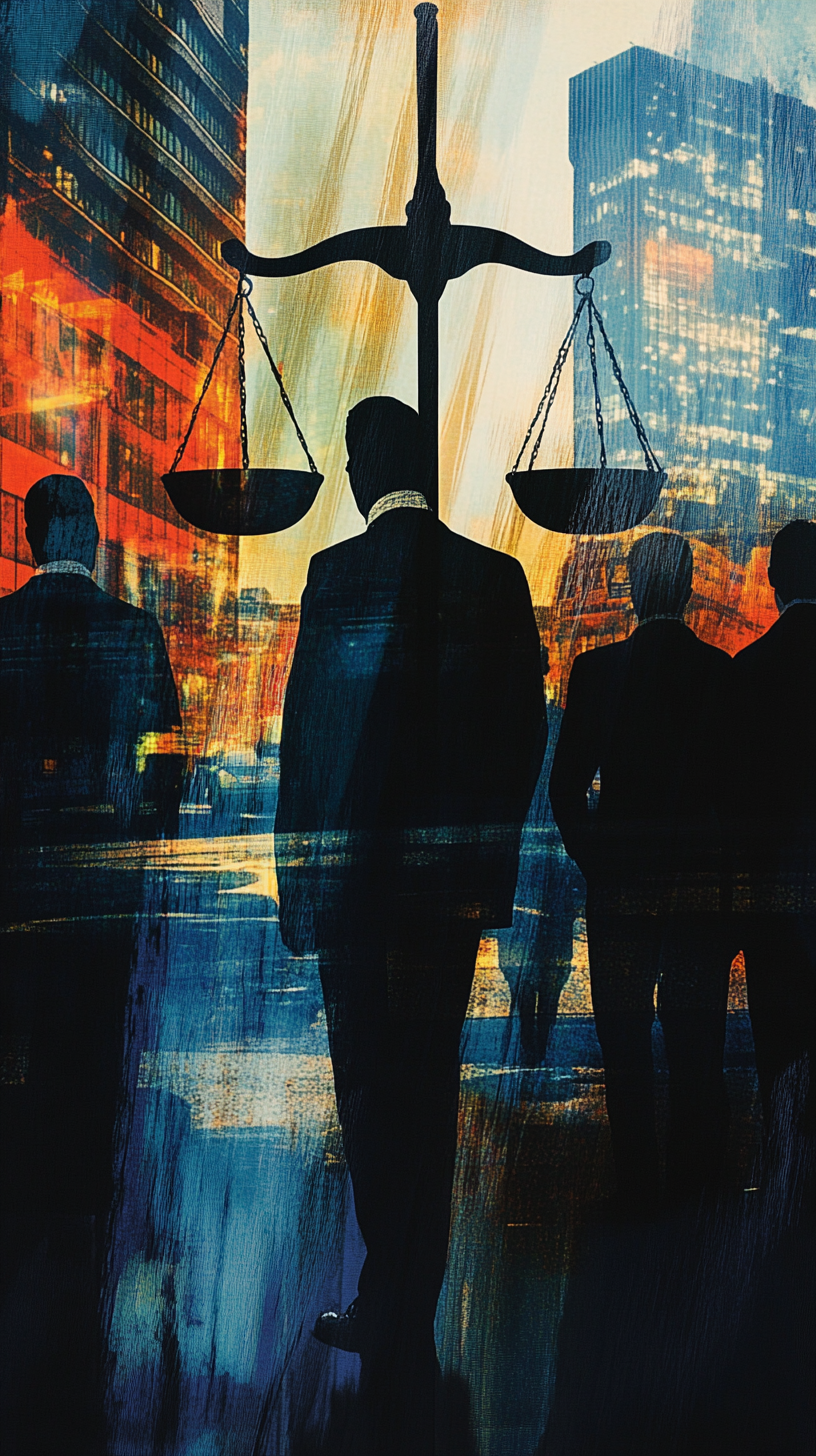Recent legal developments have transformed how New York State addresses workplace harassment claims. This analysis examines strict liability principles and significant cases that shape current employment law, specifically focusing on hostile work environment claims.
Table of Contents
ToggleI. Introduction

Workplace harassment claims reflect our society’s increased focus on addressing discrimination. These legal actions typically stem from situations where employees face unwanted conduct based on protected characteristics like race, gender, or religion—behavior severe enough to create an abusive workplace.
New York State law recognizes the substantial impact of workplace harassment. Beyond the emotional impact on employees, these situations create significant legal and financial risks for businesses.
II. Strict Liability in Hostile Work Environment Claims
A major shift in New York employment law occurred with the application of strict liability principles to harassment claims, particularly through the Zakrzewska v. New School case.
The New York Court of Appeals ruled that companies bear responsibility for hostile environments created by supervisors—even without direct knowledge of the harassment.
This decision fundamentally changed employer obligations, requiring them to take active steps against workplace harassment. This ruling means New York businesses must implement strong preventive measures. Companies need clear anti-harassment policies, regular staff training and reliable reporting systems.
III. Key New York State Court Decisions
While Zakrzewska set initial precedent, subsequent cases have refined the legal standards. The Ibhawa v. Church decision examined how these principles apply to religious organizations.
This case highlighted exceptions for religious institutions under employment law. The court’s dismissal showed how specific circumstances can affect the application of hostile work environment standards.
IV. Required Elements for Claims
New York courts evaluate hostile work environment claims using both subjective and objective criteria. Success requires proving that:
- The conduct was objectively severe or frequent
- The behavior substantially altered working conditions
- The victim personally experienced the environment as hostile
Single incidents rarely qualify unless extremely severe. The standard exceeds mere workplace unpleasantness or routine disagreements.
V. Understanding Employer Liability
Post-Zakrzewska, New York businesses face expanded liability risks. Companies can face penalties for supervisor misconduct regardless of whether upper management knew about the behavior.
This accountability principle affects how organizations must structure their harassment prevention programs. Businesses need comprehensive systems to detect and stop problematic conduct early.
Liability often arises from:
- Supervisors using authority for harassment
- Failed responses to reported problems
- Inadequate prevention measures
VI. Available Legal Solutions
New York offers multiple paths for addressing hostile work environments:
Administrative Route:
- File with NY State Division of Human Rights
- Potential outcomes include:
- Job reinstatement
- Back pay awards
- Compensation for damages
Civil Litigation:
- Direct court action
- Possible compensation for emotional harm
- Potential punitive damages
Employment lawyers play a vital role by:
- Assessing claim validity
- Recommending appropriate legal venues
- Explaining available remedies
VII. Conclusion
New York’s approach to workplace harassment continues to develop, with strict liability remaining central to enforcement. Court decisions from Zakrzewska forward emphasize maintaining harassment-free workplaces.
Businesses must prioritize prevention and quick responses to complaints. Employees benefit from understanding their rights and legal options.
Legal Representation Matters
Hostile work environment cases demand specialized legal knowledge. These situations involve detailed legal principles and often high-stakes outcomes for all parties.
Attorneys with deep New York employment law experience can significantly impact case results through their:
- Knowledge of state-specific regulations
- Understanding of administrative procedures
- Experience with similar cases
The Law Office of Jason Tenenbaum, P.C. offers experienced representation for workplace harassment and hostile work environments matters across New York State. With focused employment law expertise and dedication to worker protection, the firm handles these sensitive cases effectively.
A clear understanding of employment rights combined with skilled legal support provides the best foundation for addressing workplace harassment issues.












